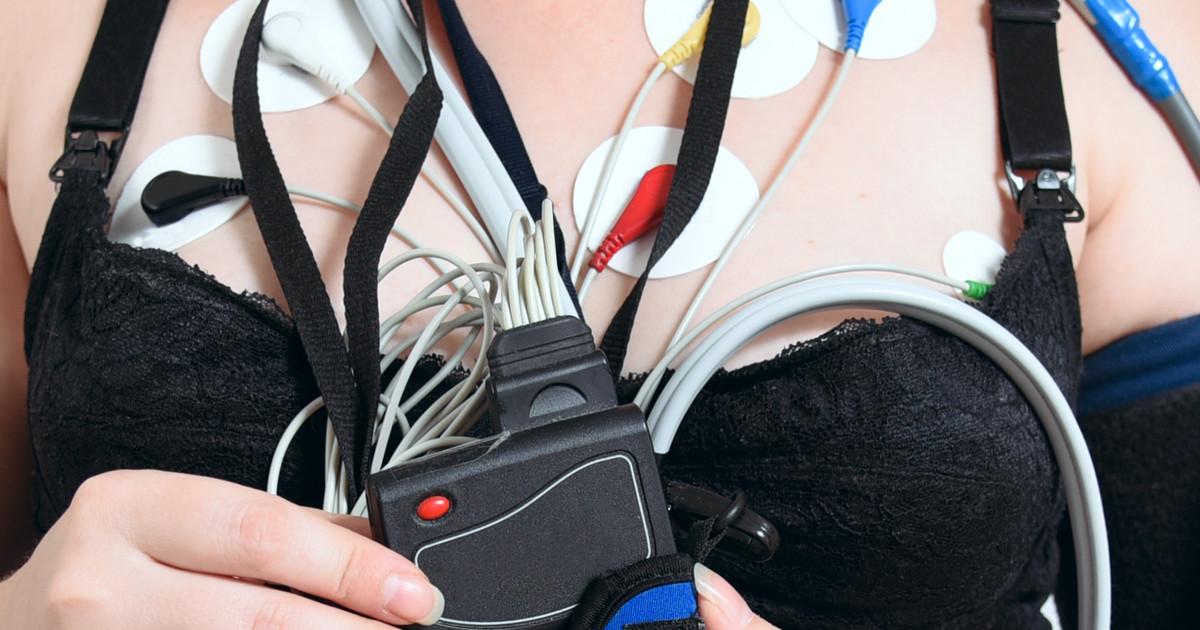Get To Know Electrocardiograms
Electrocardiograms (ECGs or EKGs) are tests that look at your heart's electrical activity. Ladies, they will reveal the cause of many symptoms. These symptoms include chest pain, dizziness, irregular heartbeats, and shortness of breath. Most of you will have had at least one ECG. They're a common part of patient intake at emergency rooms! Of course, ladies, you need to know ECGs don't create electricity. They just measure the natural electrical signals.
Ladies, many of you will use a portable ECG monitor. This is a common way to engage in electrocardiogram monitoring! You need ECGs for many reasons, including getting faster heart attack treatment. They also let you get more effective treatment for arrhythmias. That said, you have to know how they work first!

How The Procedure Works
Ladies, the way electrocardiograms work depends on what type you need! That said, all of them use electrodes. They're attached to your chest, and sometimes your limbs too. The electrodes measure electrical signals in your heart! These signals start in your sinus node. Then, they travel throughout the other chambers to pump blood. The signals keep your heart beating!
When the electrodes measure the electrical signals, ladies, they send the data to the device monitoring you. That's where your results are stored and then printed! The printed sheet is called an EKG or ECG strip. Your doctor will read the results and talk to you about them!
When ECGs Are Used
Ladies, ECGs are a common part of routine checkups! Doctors also use them when they believe you have a heart or lung problem. They reveal blocked arteries and irregular heartbeats! These tests also confirm when you have had a heart attack, and if it's still happening. Ladies, ECGs even reveal other heart and lung diseases. It's because many of them show up as low voltage on your ECG strips.
Of course, some ECGs require exercise, like stress tests. Your doctor will order them when they think you have exercise-induced asthma or have other breathing issues when you're active. They also check to see how progressive conditions change and if surgery was successful!

Types Of ECGs
The most common ECG is the resting 12-lead electrocardiogram. Ladies, this one checks your heart for abnormalities while you sit still! Another type is the stress test. Remember, this one checks your heart's electrical activity while you're exercising. Most of the time, you have the electrodes on your chest while you're running or walking on a treadmill! An advanced version is the cardiopulmonary exercise test. It checks your muscles and lungs at the same time as your heart. Ladies, you need a mouthpiece in this one too.
There's also the Holter monitor. This type of ECG has you wearing a portable device and electrodes for 24 to 48 hours, sometimes longer! It checks your heart continuously throughout this period. Another ECG is the signal-averaged one, which doctors use alongside other ECGs. This one is a bit more sensitive in regards to detecting heart issues. It only takes 5 to 20 minutes to do!